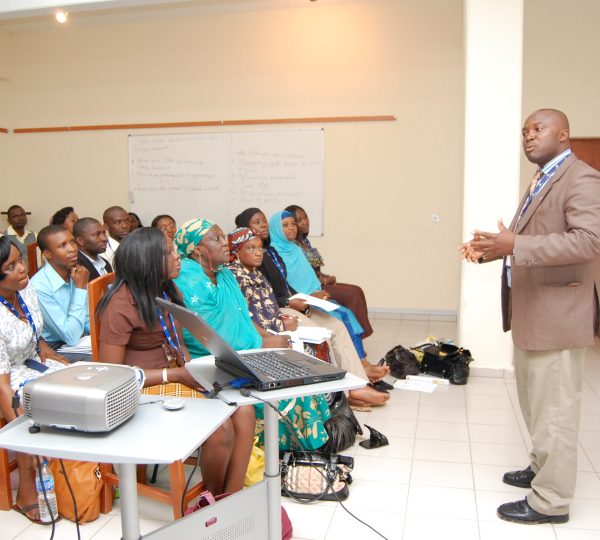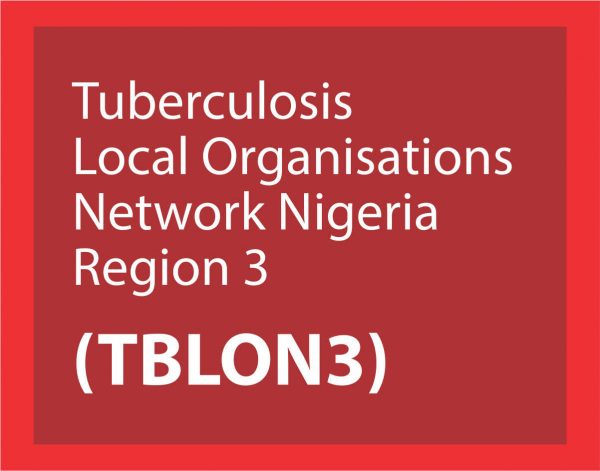The African Health Markets for Equity (AHME)
The African Health Markets for Equity (AHME) Project was a five (5) year project funded by Bill and Melinda Gates Foundation and the British Department for International Development (DFID) and received through Marie Stopes International (MSI) as the principal recipient. It was initially designed to cost $6,245,337.99 but later reduced to $4,297,634 following the early termination of the project from the December 2018 no-cost-extension (NCE) end date.
The goal of the project was to improve health outcomes through the provision of quality private sector health care targeted at the poor in Nigeria, Kenya and Ghana. This was achieved by increasing the scale and scope of private provider networks, demand-side financing and the provision of medical credit fund (MCF) for selected providers in all three countries. The project was focused on demonstrating DALYs averted among children and women through its Family Planning, Maternal care, HIV, Malaria, Diarrhea disease, Acute Respiratory Infection (ARI) and Nutrition interventions.
The project came to a close on March 31st following an agreement with the donors to stop project activities
Project Strategy and Activities
Scale Increase: SFH implemented the project in all 12 social franchise territories with over 340 clinic/hospital facilities, 190 Pharmacies and 180 Proprietary Patent Medicine Vendors (PPMVs) actively reporting services (the Pharmacies and PPMV components were stopped after the fourth year at the request of the donor)
Scope Increase: SFH started implementation of this project with only family planning services. However, over time, the scope of services increased and providers were trained and supported to provide services in other major health areas like Integrated management of Childhood Illnesses (IMCI), Malaria prevention and Treatment, Diarrhoea disease prevention and treatment, Basic Emergency Obstetrics and Neonatal Care (BEmONC) services, Post-abortion care services PAC), Cervical Cancer Screening and Prevention etc.
Quality Improvement: All franchised facilities under the project recorded a steady increase in the quality of services delivered. In 2016, the annual internal quality assurance assessment result showed that on average, all SFH facilities were at 93% performance level based on the 5 key standards assessed. SFH also worked with PharmAccess to implement the SafeCare quality improvement methodology. About 135 of the SFH franchise health facilities (25 in Ogun) benefited from the Safecare quality improvement plan with 4 of them attaining Safecare Level 2 (a high quality assurance standard) in Ogun state.
Use of Health Network Quality System (HNQIS) Application: Working with Population Service International (PSI), the AHME project developed the HNQIS app and installed this on mobile devices for supportive supervisory visits to health providers and quality assessments. This app has been used to conduct a baseline assessment for all our facilities.
Commodity supply: SFH also supported the facilities through the supply of quality and affordable commodities (Family Planning (FP), IMCI including chlorhexidine etc) to all our outlets through the services of our sales and distribution unit.
Demand Generation: SFH engaged the services of Inter Personal Communications agents (IPCs) to work around in the communities to generate demand for health services and mobilize clients to the facilities. This has proven to be a successful strategy as it has helped to increase the clientele numbers to health facilities and also enhanced service update. Some providers have gone ahead to engage the services of other IPCs and pay them because of the realised benefits.
Business Training and Loan disbursement: Over 200 franchise facilities benefitted from our business trainings under the medical credit funds (MCF) program while about 76 of them have accessed loans worth over N200 million Naira to improve their services.
Linkages with ARAYA: SFH supported the ARAYA health insurance scheme in Ogun state to provide services. Within about 4 months of its reactivation, 6 SFH facilities were empanelled with 4 activated to provide services to the people of Ogun.


